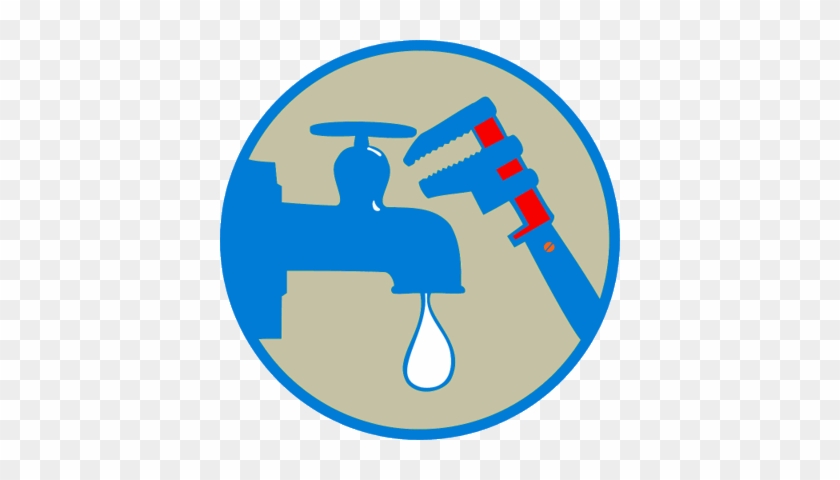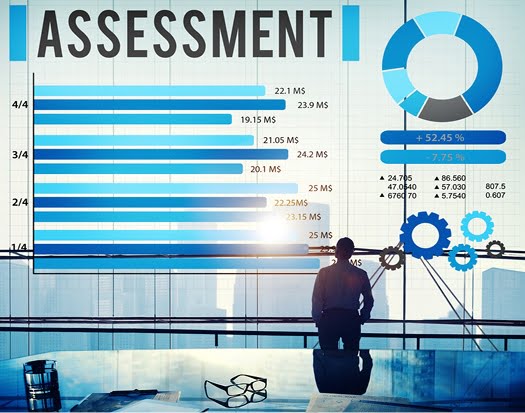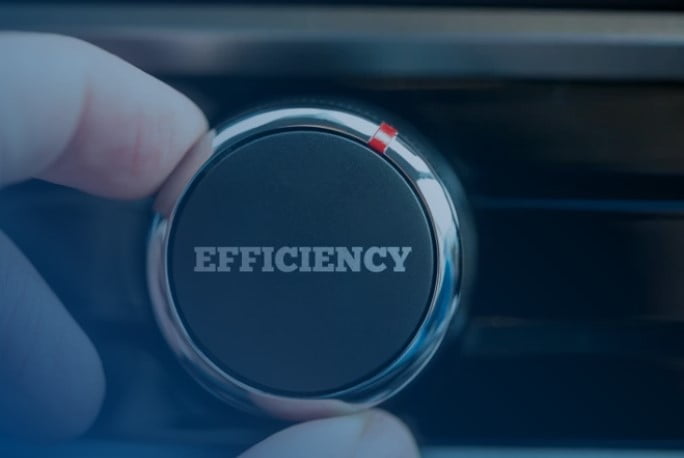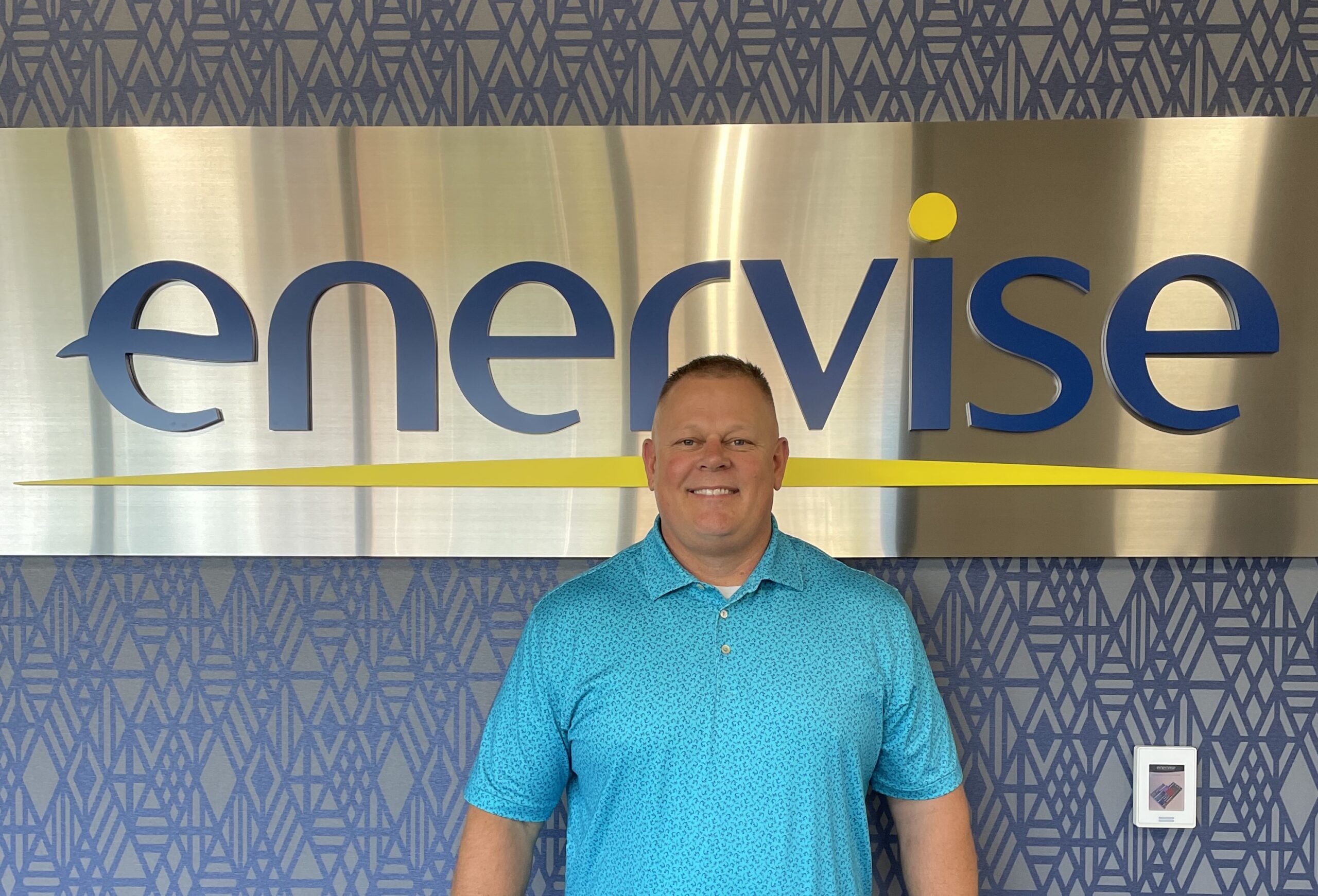As the owner of a commercial building, you know that energy efficiency improvements to HVAC systems, building controls, and other features are essential. They may not be glamorous, but you have to stay on top of them if you want to attract quality tenants, keep existing occupants happy or provide a comfortable work environment for your own employees.
If you have a good facilities manager, he or she is probably coming to you all the time with suggestions for what needs to be improved. Sometimes that list can be long—and expensive. So how can you evaluate what really needs to be done and what will give you the biggest bang for your buck?
Here are a few suggestions.
Work with your facility management team to make a list of equipment that is obsolete and will need to be upgraded or replaced within the next five years. Gather specific data about projected costs if you simply maintain and repair existing equipment as opposed to updating or replacing it. Consider other capital improvement projects as well.
Look at the big picture. It’s easy to focus only on the initial cost of upgrading or replacing equipment, but bear in mind that your total costs are more than simply the expense of new equipment. Make sure you factor in the fees you’ll pay to maintain and repair existing equipment. And don’t forget to consider the savings you’ll realize with a new, more efficient system. When you consider maintenance, repair and system inefficiency together, they may very well exceed the cost of a new, more efficient system.
That’s why it may make sense to consider hiring an energy advisory expert to provide you with an Energy Star benchmark for your building. That way you can make a list of energy-saving projects and factor in specific savings associated with any necessary capital replacement projects in your building(s).
The advantage of these approaches is that you will be looking at actual data that impacts your bottom line. Replacing systems because someone feels like it’s necessary isn’t good business. Making upgrades and improvements that improve performance and save you money over the long haul makes a lot more sense; and with good planning you can measure and prioritize those projects with the best return.
If you need help doing any of this, we are an ENERGY STAR partner with state-certified professional consulting engineers, certified energy managers, CEM associate engineers, facility performance auditors, project and construction managers, information technology managers and factory-certified technicians on staff. We can help you evaluate which improvements make the most sense for your specific facility.




